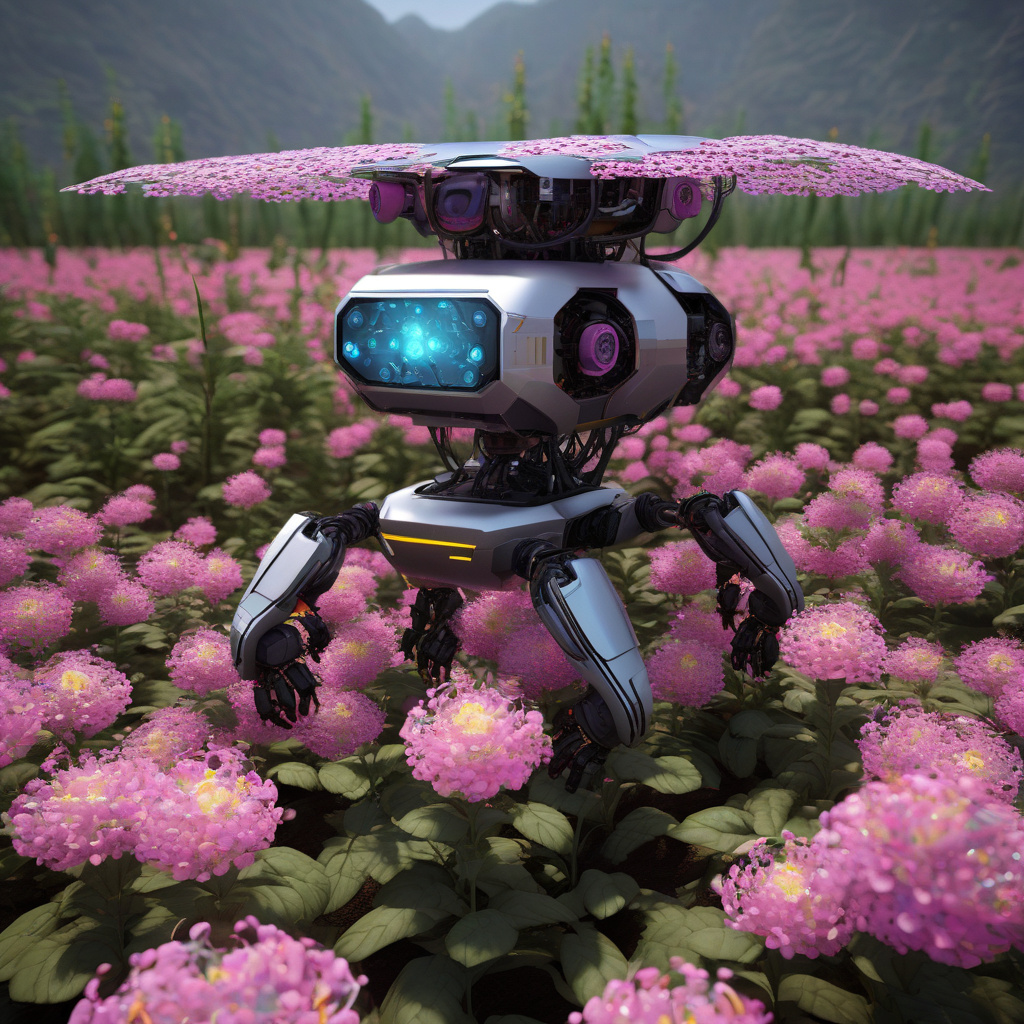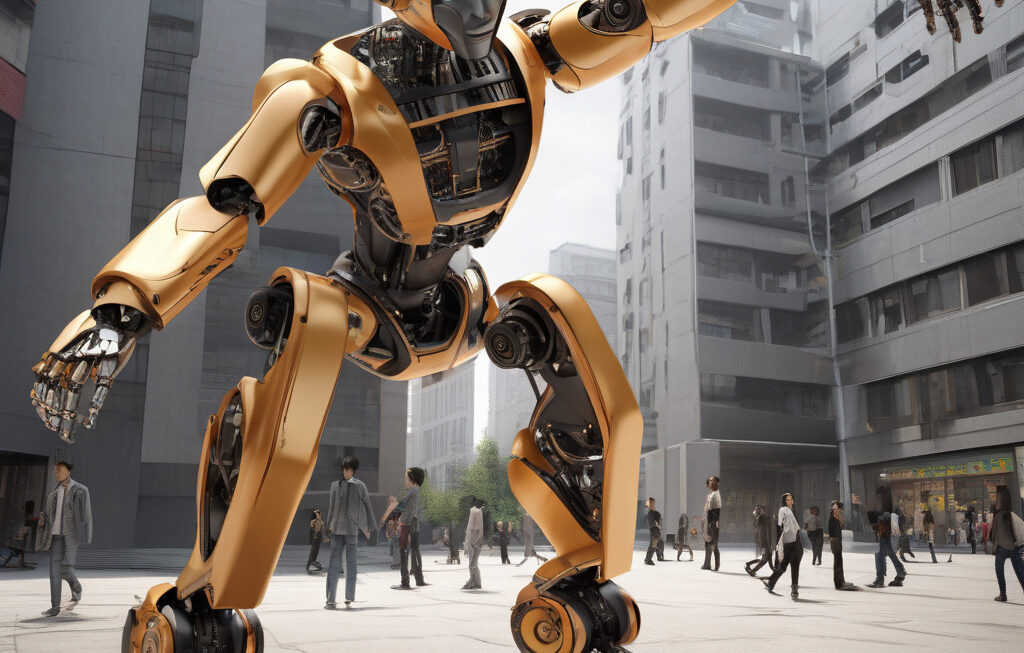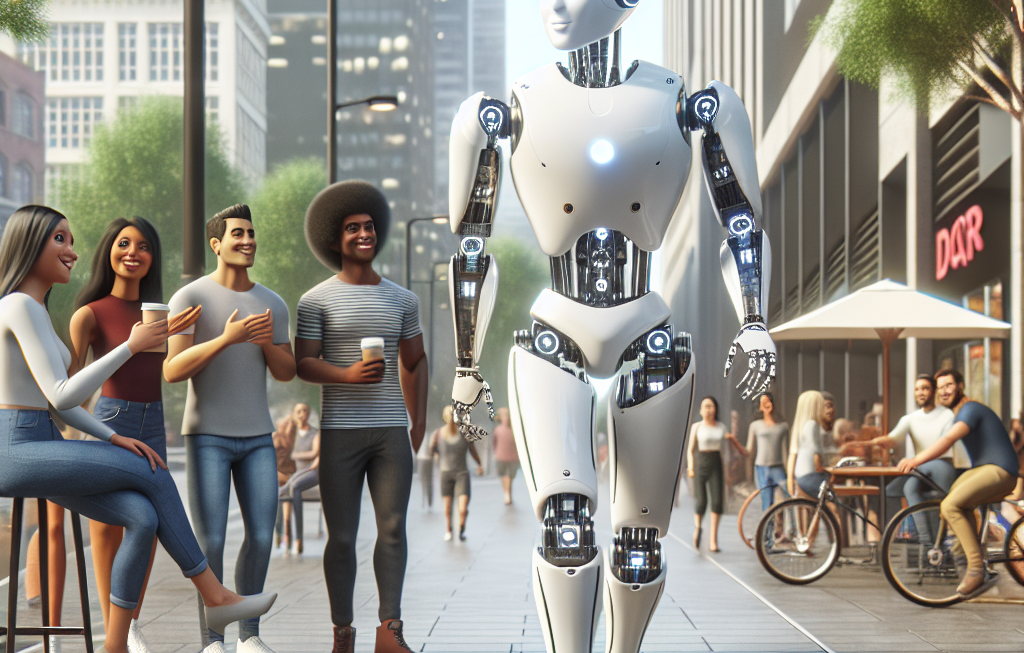China Unveils World’s First Autonomous Robot for Hybrid Pollination
Chinese scientists have unveiled the world’s first AI-powered breeding robot named GEAIR (Genome Editing combined with AI for Reproduction). This innovative technology aims to revolutionize hybrid pollination and address the challenges posed by dwindling bee populations globally.
With the decline of natural pollinators such as bees and other insects, there has been a growing concern about food security and agricultural productivity. Pollination is a crucial process for plant reproduction and the production of fruits and seeds. The introduction of autonomous robots like GEAIR could potentially mitigate the impact of declining bee populations on crop yields.
GEAIR is equipped with advanced AI algorithms that allow it to navigate through fields of crops, identify flowers that need pollination, and efficiently transfer pollen between plants. The robot’s precision and accuracy in pollination can significantly increase crop yields and ensure better harvests for farmers.
One of the key features of GEAIR is its genome editing capability, which enables it to optimize the pollination process for different plant species. By analyzing the genetic makeup of plants, the robot can tailor its pollination techniques to maximize the chances of successful fertilization and seed production.
In addition to its pollination functions, GEAIR is also designed to collect data on plant health, growth patterns, and environmental conditions. This data can be invaluable for farmers in making informed decisions about crop management practices, resource allocation, and pest control strategies.
The development of GEAIR represents a significant milestone in the field of agricultural robotics and AI-driven technologies. By harnessing the power of artificial intelligence and genome editing, Chinese scientists have paved the way for a more sustainable and efficient approach to crop pollination.
As the world’s population continues to grow, the demand for food production will also increase. Innovations like GEAIR offer a glimpse into the future of agriculture, where autonomous robots play a vital role in ensuring food security, environmental sustainability, and economic viability for farmers.
In conclusion, the unveiling of GEAIR marks a groundbreaking achievement in the realm of autonomous pollination technology. With its advanced AI capabilities and genome editing functionalities, this robot has the potential to transform the way we approach crop pollination and address the challenges posed by declining bee populations. As we look towards a future of ever-increasing agricultural demands, innovations like GEAIR will be instrumental in shaping a more resilient and productive food system.
China, AutonomousRobot, HybridPollination, AgriculturalInnovation, FoodSecurity












